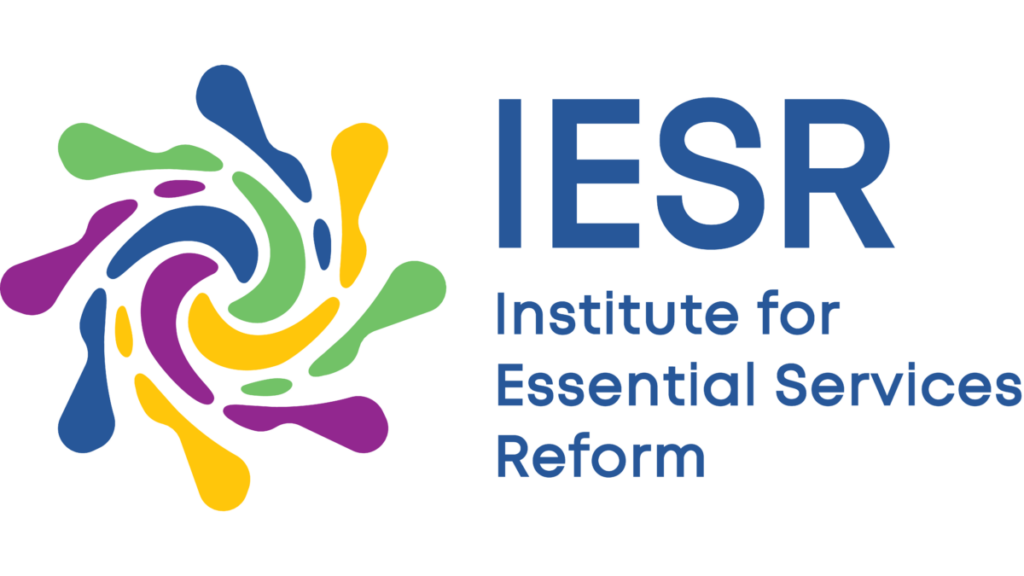Background
The Institute for Essential Services Reform (IESR) is an independent think tank focused on accelerating the low-carbon energy transition in Indonesia. Based on research and policy advocacy, IESR has been active for over 17 years in strengthening the clean energy ecosystem in Indonesia. Through collaboration with the central and regional governments, non-governmental organizations, and industry players, IESR promotes the inclusive and equitable use of renewable energy.
Since 2019, IESR has supported the energy transition in Bali Province through the development of a clean energy roadmap, technical studies, and educational activities for the community. This approach respects local Balinese values, which emphasize the balance between humans and nature.
The Bali Provincial Government has committed to supporting the energy transition and reducing greenhouse gas emissions through the Net Zero Emission (NZE) target by 2045. This commitment was reinforced by the issuance of Bali Governor Regulation No. Law No. 45 of 2019 concerning Bali Clean Energy, which serves as the policy foundation for building a cleaner energy system, and the call for Bali to be Energy Independent, delivered during the socialization of rooftop solar power plant acceleration by the Governor of Bali on May 15, 2025.
As a province currently dependent on external energy supplies, Bali faces unique challenges in achieving energy independence. Bali’s annual energy needs have increased by more than 10% in line with tourism and economic growth. Therefore, the transformation to a renewable energy-based electricity system is an urgent need and requires accelerated implementation. Based on an analysis by the Institute for Essential Services Reform (IESR), Bali has a total potential of 4.89 GW of rooftop solar power plants.
Currently, the electricity system in Nusa Penida is largely supported by diesel-fired power plants (PLTD), supplemented by a 3.5 MWp solar power plant equipped with batteries. As a result, the majority of Nusa Penida’s electricity supply remains dependent on diesel. In fact, IESR analysis shows that Nusa Penida’s clean energy potential includes solar energy, bioenergy based on local resources (e.g., biodiesel from jatropha or seaweed), small-scale wind energy, and ocean currents. In response to these challenges, IESR launched the Nusa Penida 100% Renewable Energy Roadmap in March 2024. This report confirms that Nusa Penida has significant potential to become a model island for renewable energy self-sufficiency by 2030, particularly through the optimization of rooftop solar power plants (PLTS). With tourism growth driving energy demand, the renewable energy transition in Nusa Penida is crucial to reduce emissions while encouraging green economic growth at the local level.
IESR believes that renewable energy development in Nusa Penida can serve as an important example for aligning the Bali NZE 2045 agenda with community needs. Energy independence based on local potential will strengthen community energy security and increase community capacity to utilize clean energy for productive needs, basic services, a better quality of life, and the creation of green jobs. Therefore, IESR initiated the Solar Power Plant (PLTS) Installation initiative in Nusa Penida as Support for the Bali NZE 2045 Target which has strategic value to reduce carbon emissions at the village level and facilitate sustainable village economic development.
Timeline Proposal
Prospective service providers must submit a proposal package consisting of a technical proposal (background, tasks to be performed, methodology, schedule), a cost proposal (total proposed labor rates and other costs), and a relevant resume and portfolio.
Proposals will be accepted no later than 12:00 PM Western Indonesian Time (WIB, GMT+07) on Tuesday, July 22, 2025. Any submissions received after that date and time will be deemed inadmissible. Please address your submission to the IESR Sustainable Energy Access Program Manager at citra@iesr.or.id and cc yudistira@iesr.or.id and otniel@iesr.or.id.
Please include “RFP Response – Installation of Solar Power Plants (PLTS) in Nusa Penida to Support the Bali Net Zero Emissions Target 2045 – Institution Name” in the email subject line.


